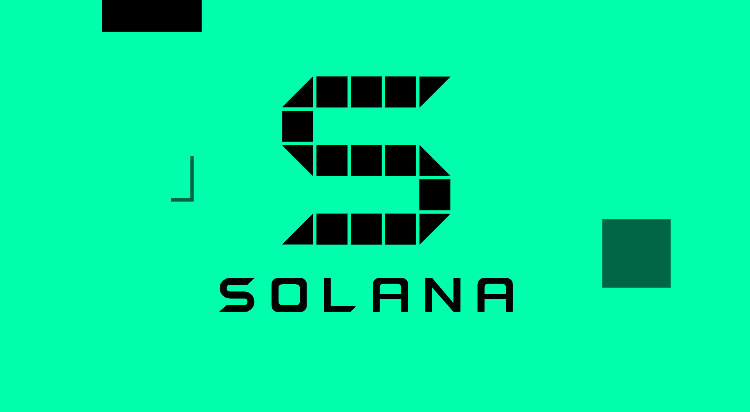Solana, a web-scale blockchain, announced today it has raised $20 million in a Series A round led by Multicoin Capital, with participation from Distributed Global, Blocktower Capital, Foundation Capital, Blockchange VC, Slow Ventures, NEO Global Capital, Passport Capital, and Rockaway Ventures.
With the close of this raise, Solana will allocate additional funds toward its engineering team and project management, as the company wraps up work to launch its mainnet and its public DevNet. Developers can already download the Solana software development kit (SDK) – and immediately start building apps.
“Solana is the closest thing to the ‘world computer’ blockchain developers conceptualized in the early days of crypto. While many developers have proposed sharding solutions for scaling existing layer 1 solutions, all of those solutions introduce a tremendous amount of complexity and create new user experience problems. Solana has done it differently – and is one of the most compelling layer 1 platforms we’ve evaluated to date. We’re very proud to lead this round, and we encourage developers everywhere to take a serious look at Solana.”
– Kyle Samani, Cofounder and Managing Partner of Multicoin Capital
Layer 1 Security with Layer 2 speeds
Solana is a layer 1, Proof-of-Stake (PoS) blockchain with a pBFT-derived consensus mechanism and 200 nodes operating around the world, offering support for 50,000 transactions per second (TPS) speed.
Solana achieves its performance via a set of coordinated optimizations. Transactions are also processed in parallel by GPU hardware natively, which is a first for blockchains. Previously, all blockchains were single-threaded – Solana is the only blockchain that is multi-threaded.
“We’ve seen the challenges that developers are facing with layer 2 and sharding solutions, and we’re excited to give them an incredibly simple alternative that doesn’t sacrifice performance. Every other blockchain is a single-thread processor – that is, they can only make one state update at a time. This is the single greatest challenge holding back the industry today. By architecting a system designed to support concurrent processing, and by optimizing computation for massively parallel GPUs, Solana can process 50,000 TPS across a network of 200 nodes—and it does so without creating any additional pain in terms of UX, latency, or composability for developers.”
– Anatoly Yakovenko, Solana’s co-founder and project lead
Verifiable Delay Function
Solana is building its new blockchain with a data structure that encodes the passage of time as data. They call this Proof of History (PoH).
PoH gives a sense of trustless time and message ordering before consensus. This reduces messaging overhead between nodes in the network and solves many of the existing scalability problems that other blockchain protocols face.
Additionally, it allows Solana to build a high-throughput blockchain that doesn’t rely on shards, partitions, side chains, multi chains, etc. As a result of this new system architecture, Solana’s new PoH blockchain will allow up to 710,000 transactions per second on a 1-gigabit network.
Solana was founded in 2017 by a group of senior ex-Qualcomm employees that specialize in CPU and GPU chip design and optimization, and have worked together for more than a decade.
